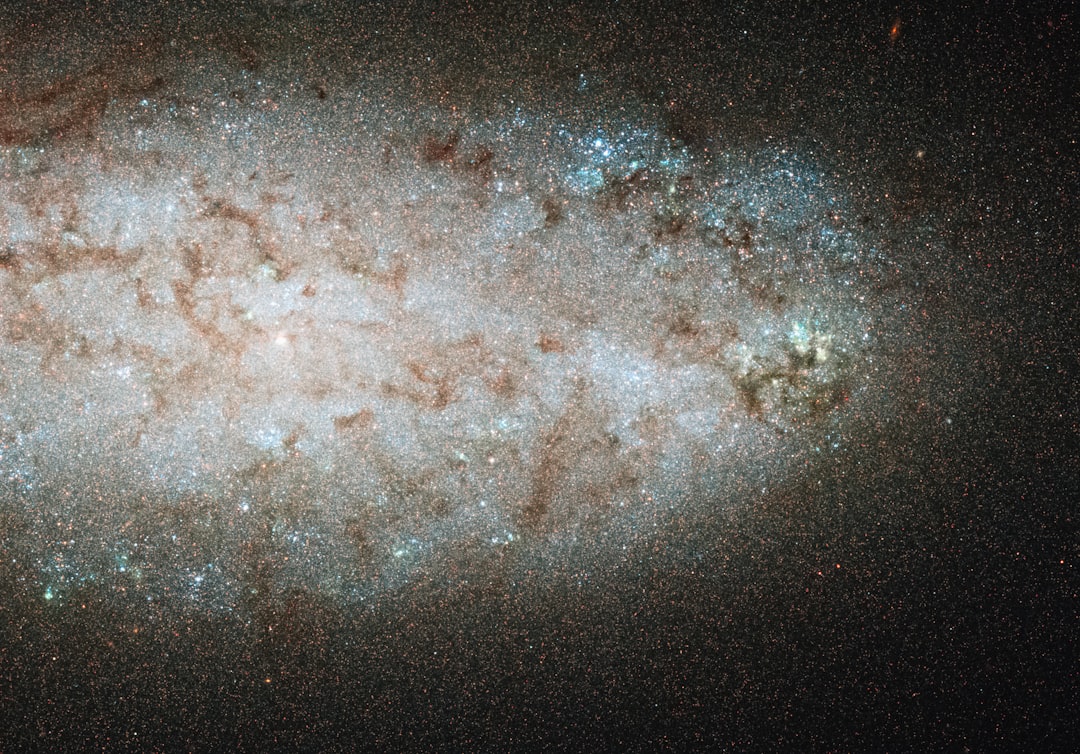In a dramatic legal battle involving scientific research funding, a judge has declared former President Donald Trump’s actions to cut off NIH grants as “stunningly illegal.” It’s a decision that sends ripples through the scientific and political communities, underscoring the critical tension between political mandates and scientific independence.
The controversy began when the Trump administration targeted certain research programs for removal in an effort to push political agendas. At the core of this issue was the intention to mandate a shift in who controls the funding of critical health and disease-related studies, usually governed by the National Institutes of Health. Trump’s administration sculpted this path, an effort intended to reorganize funding priorities based in large part on non-scientific criteria.
According to the recent ruling by the federal judge, the actions executed under Trump’s administration violated lawful procedures meant to safeguard the integrity and continuation of governmental scientific funding. The judge’s declaration depicted the cut as not just illegal but a flagrant transgression against the established norms that govern scientific grants. The repercussions of this ruling may be far-reaching, considering the scope of NIH’s influence in global health research.
Funding is the backbone of scientific progress; it determines not only which projects receive attention but also which avenues of research are pursued or abandoned. When a government, particularly one as influential as the United States, decides to intervene significantly in funding allocation, this poses a potentially transformative effect on global scientific agendas and priorities. In this context, Trump’s attempts to divert funds led to numerous critiques from both domestic and international communities involved in health and scientific research.
Notably, the NIH supports a vast array of research endeavors that span from fundamental scientific inquiries to critical applied health initiatives aimed at combating diseases like cancer, AIDS, and other global pandemics. Thus, any disruption or redirection of these funds could have profound impacts across the scientific landscape, potentially stalling progress in vital areas of research.
The ruling has been met with relief by academic and scientific circles, which view government intervention in such a technical field with concern, especially when it seems to derive more from political calculations than scientific need. Moreover, the ruling reinforces the statutory requirements of law-making—underlining the notion that scientific funding procedures must follow strict legal guidelines designed to protect them from improper influence.
As the repercussions from this case continue to echo, there is a broader conversation forming around how scientific research is funded and the balance of power between governmental bodies and research institutions. Stories such as this one highlight the need for transparent mechanisms governing funding decisions to ensure they rest not on political chiliads but on unbiased scientific necessity.
Today’s verdict is not just a legal warning against future political overstep but also, potentially, a catalyst for reevaluating and reinforcing the standards by which research funding is allocated. While scientific progress relies heavily on stable and predictable streams of support, as this case has evidenced, it must be a safeguarding principle to ensure that these streams remain untainted by temporary political inclinations.
The saga of the NIH grant cuts under Trump illustrates a significant intersection between governance, science policy, and the ethical management of public resources. Moving forward, there is an anticipation that adaptive reforms and safeguarding measures may be strengthened to prevent recurrence of such episodes, thereby aligning national interest with scientific advancement and integrity.
Insight Report
Trump
















Leave a Reply